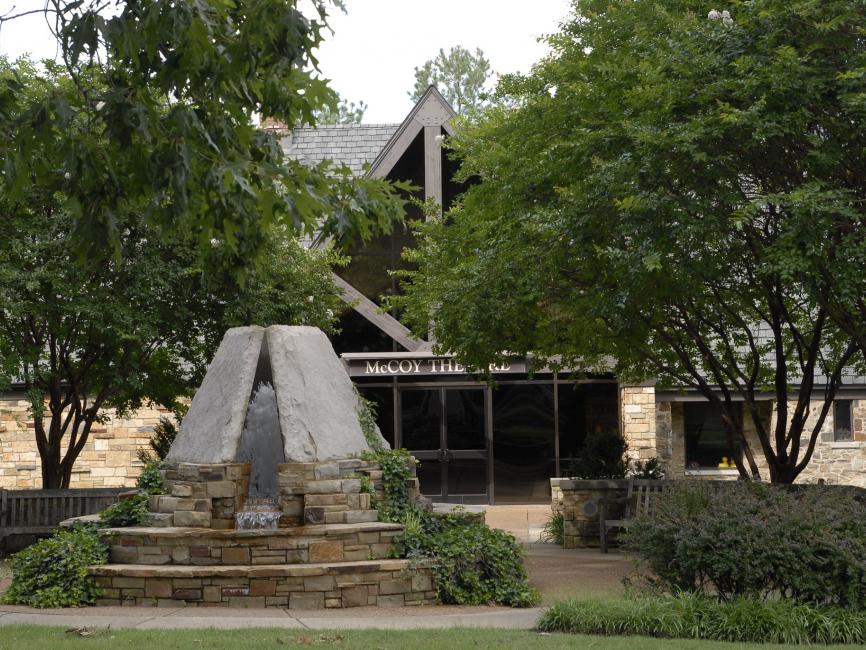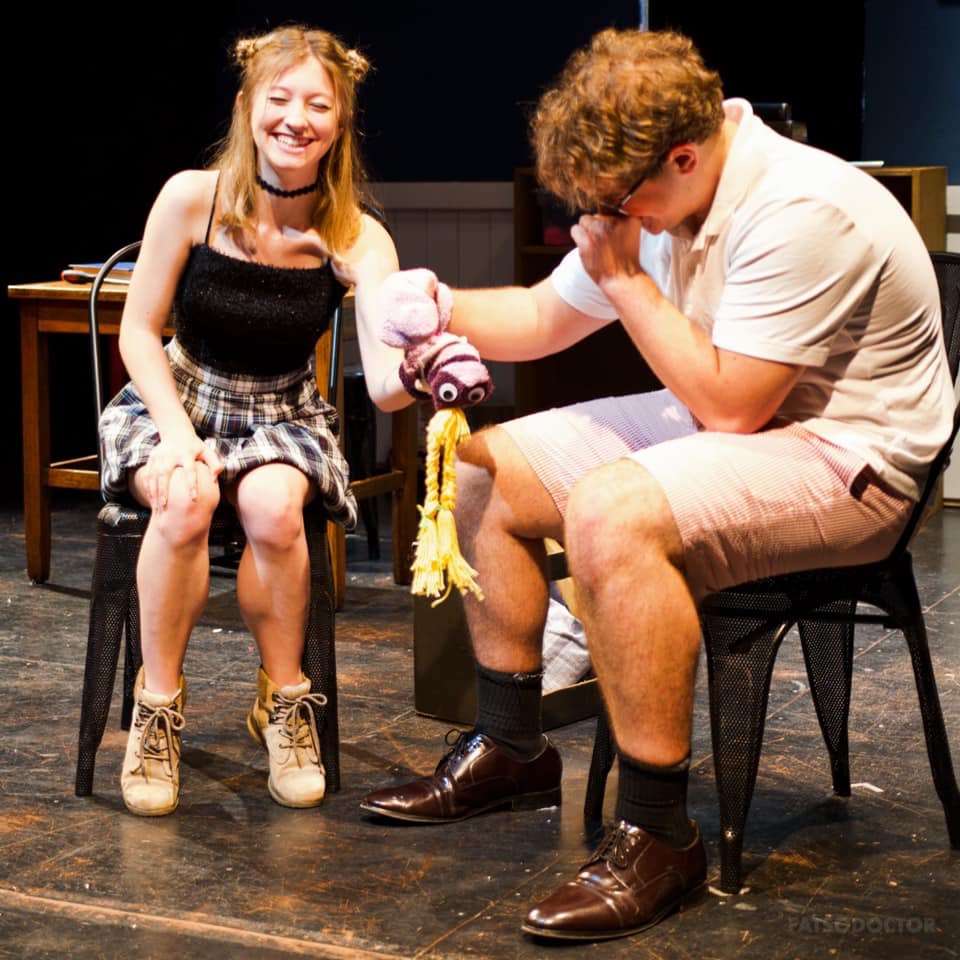Babbie Lovett has about 2,000 to 3,000 garments that she’s collected in her 92 years of life as a model, show producer, store owner, and mentor in Memphis’ fashion industry. “You know there’s a fine line between collecting and hoarding,” she jests. “I’ve got a house full and three apartments full of racks.”
But, even as she jokes, she says, “It’s like I have a whole box of paints and crayons that I can use.” For her fashion shows, that is. Just last year, for instance, she put the show together for the University of Memphis: Memphis Fashion Through the Decades. “These last 10 years, all my dreams seem to be coming true,” Lovett says, “because I’ve always wanted my collection to be used for education or for fundraising.”
These days, though, Lovett has to organize her shows by feel and memory, since about two-and-a-half years ago she went blind. “It’s one of the most interesting times of my life. It’s a real journey of learning,” she says, ever the one to take a positive outlook.
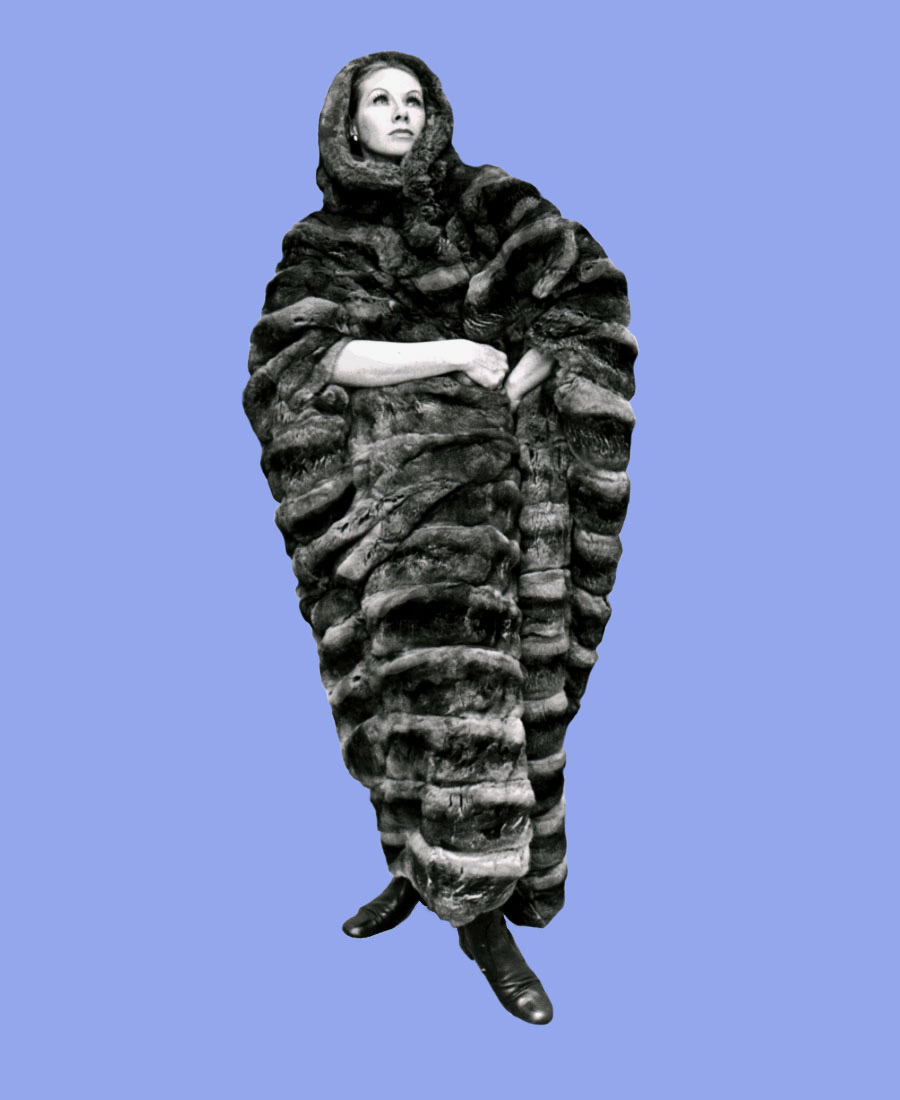
Her most recent project has been with the Tennessee Ballet Theater, which will honor the last nine decades of her many-chaptered life with The ICON, Babbie Lovett, Fashion Legend this April. Directed by Erin Walter, TBT’s artistic director, and with works choreographed by Max Robinson and Steven Prince Tate, the ballet will traverse the “peaks and valleys” of Lovett’s life, with four ballerinas representing Lovett. “There are 15 dances, and some are literal depictions of aspects of her life,” Walter says, “and some are abstractions from things that we were inspired by.”
For The ICON, Walter has incorporated pieces from Lovett’s collection in two numbers. “It thrills me because [the pieces in] my collection are really my friends,” Lovett says. “All of my clothes have a story with them. And they’ve never been worn but maybe once or twice, or most of them have been made for shows. And to see them dance just thrills me to death.”
Lovett herself fell in love with dance, long before she fell in love with fashion. “I learned to sing and dance my own way before I could walk,” she says. Even today, she’s still dancing. “I may be as blind as a bat, but in my head I’m just going to keep dancing. … There’s certain music I hear. I get up at night and sometimes I hold on to my walker and dance.”
This production will be the fifth installment of TBT’s 901 Stories, which has brought to life histories of Earnestine & Hazel’s, the Annesdale Mansion, the Medicine Factory, and the Jack Robinson Gallery through dance. “We like to celebrate things about Memphis that maybe people don’t know,” Walter says. “Maybe half of Memphis knows who Babbie is, but the other half doesn’t.”
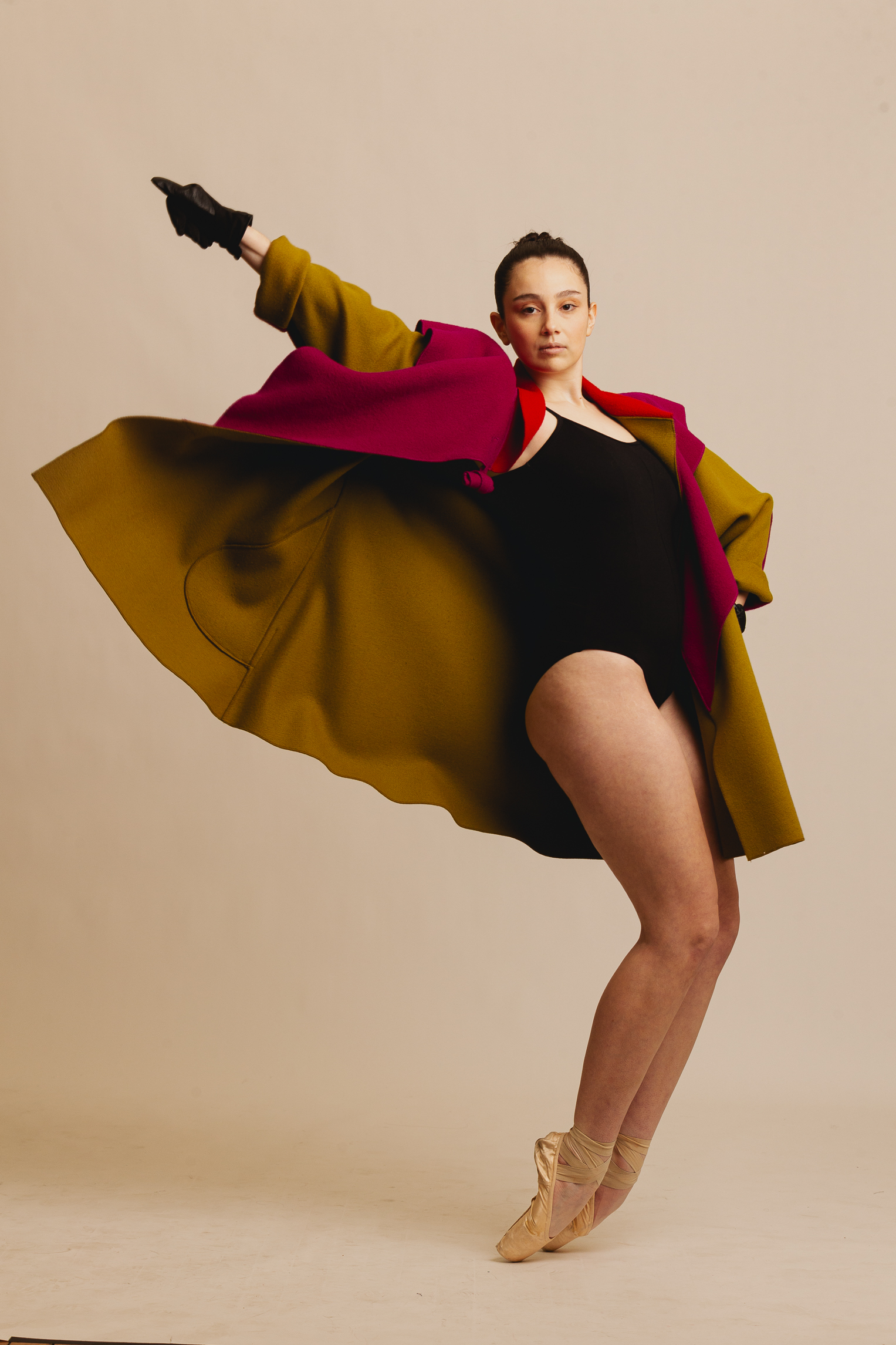
And to Walter, at least, Lovett is Memphis history. At 92, she began life in the Great Depression, saw the fashion industry boom in Memphis, and took part in it, modeling here and in New York; she built businesses, pioneered “trashion” (taking trash and making it into fashion), and advocated for the arts and causes close to her heart. She was and still is a mentor to many. To try and describe her life in a paragraph is a disservice; to do it in a ballet, however, will put Lovett on the stage, where she’s always belonged, sharing her joy to as many people as possible.
She once wrote, and now recites from memory, no longer able to read or write due to her blindness: “There’s nothing I like better than being a star. Give me your undivided attention. God made the stage. The show is life. Fashion are the costumes we wear on stage, backstage, or in the audience. The play, music, dance, comedy, tragedy. We laugh; we cry. It’s good; it’s bad. We clap; we boo. We leave. The show goes on. My name is Babbie. Fashion is my passion. The one thing we all have in common is we’re born naked and we cover up.”
Walter says that she always brings a notebook with her for moments like this and many others when Lovett says something that catches her ear. For that reason, Walter has also set up a multisensory exhibit to accompany the show featuring old phones that, when picked up, will answer with recordings of Lovett telling stories from her life, moments not included in the show and moments that, Walter says, “she says in a much better way than I was able to write [for the show’s monologues between the dances].”
Profits from The ICON will go to TBT’s Frayser Dance Project, which offers free dance classes to students in the Frayser neighborhood. The program is in its fourth year and is sponsored by Nike and Alliance Healthcare.
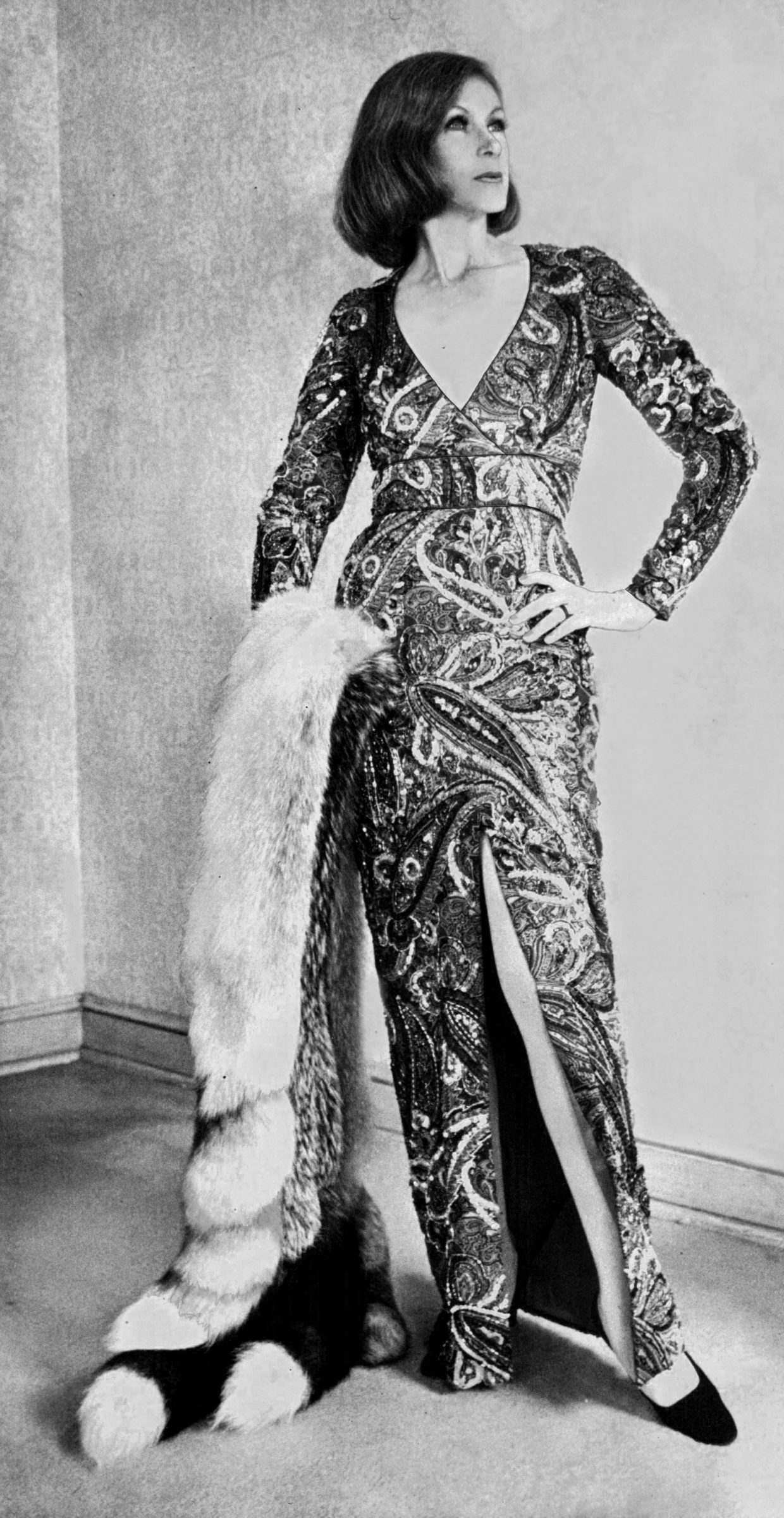
“That’s why I’m so excited about being a part of all of this because the funds that are raised when you do shows, even if it’s just the beginning, if you can get people interested, then you can get the contributions that you need to preserve the arts or give people an opportunity that they didn’t have before,” Lovett says.
In the meantime, Lovett looks forward to experiencing the ballet. “My talent has always been able to feel an audience and to be able to see that audience was wonderful. But to be able to feel that audience now is also a gift, so I’m looking forward to feeling and hearing the show.”
Purchase tickets to The ICON: Babbie Lovett, Fashion Legend, sponsored by Alliance Healthcare Services, here. Performances are at the McCoy Theatre at Rhodes College on Friday, April 4th, and Saturday, April 5th, at 7:30 p.m., with a Sunday, April 6th, matinee at 2:30 p.m., and Friday, April 11th, and Saturday, April 12th, 7:30 p.m. Tickets are $45 and include a wine reception immediately following the performance, where you will have a chance to meet Lovett, and models and dancers showing Lovett’s collection and Sue Ambrose’s couture designs constructed from bicycle tires.

